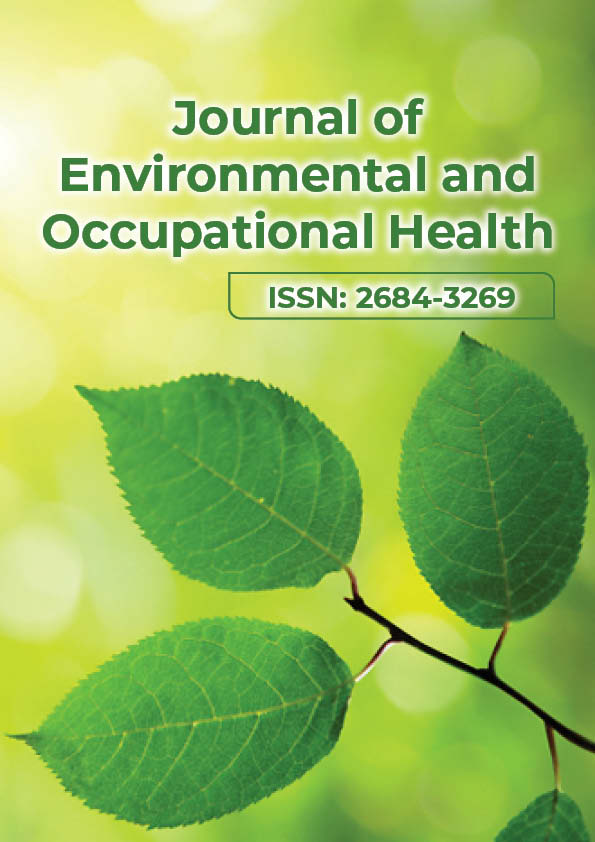Musculoskeletal complaints among central sterile supply technicians in relation to physical and psychosocial factors at work
Abstract
Mohamed El-Helaly, Hanan H. Balkhy
Objective: The objective was to examine the prevalence of musculoskeletal complaints (MSCs) among central sterile supply technicians (CSSTs) in relation to their physical workload and psychosocial factors at work. Material and Methods: A cross-sectional study was conducted in 2013 among 64 CSSTs working in the central sterile supply department of a tertiary care hospital in Saudi Arabia. A questionnaire was used to collect data on demographic characteristics, physical workload, and psychosocial factors at work. Furthermore, a Nordic Questionnaire was used to examine the prevalence of MSCs among the participants. Results: The study showed that the overall 1-year prevalence of MSCs at anybody site of the participants was 43.8%. The reported MSCs were mostly related to the low back (28.1%), followed by wrists/hands (23.4%) and shoulders (21.9%). Age, gender, and BMI were not associated with MSCs. Work requiring exertion of arms/hands, and working in awkward postures were the only physical work factors that were significantly (P < 0.05) higher among CSSTs who had MSCs (89.3%, 57.1%, respectively) compared to CSSTs who had not (69.4%, 30.6%, respectively). Psychosocial factors at work did not show a significant difference between CSSTs who had MSCs and those who had not. Conclusion: 43.8% of the CSSTs reported 1-year prevalence of MSCs affecting mostly low back, wrists/hands, and shoulders. Ergonomic assessment and preventive intervention should be conducted to prevent the incidence of MSCs among CSSTs through controlling both physical and psychosocial risk factors at their workplace.
PDF




